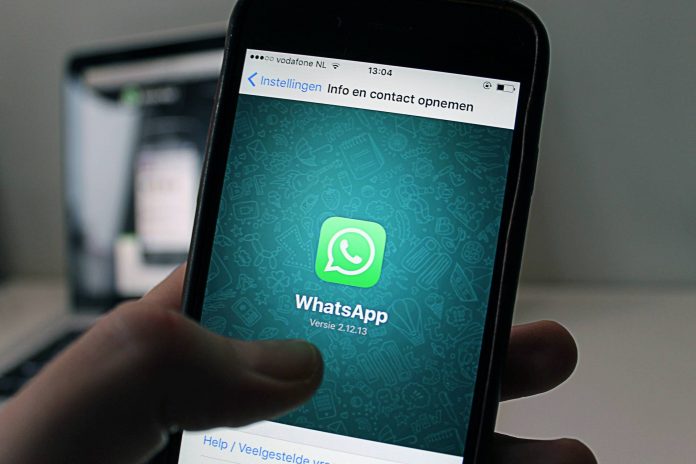There is an app for everything. In fact, one of the most popular types of apps is for communication. Think of all the social media apps you probably have on your phone. Facebook, Twitter, Instagram, Tumblr, Tinder, Bumble, Kik and WhatsApp. But who owns WhatsApp and what is its long and controversial history? Is it worth using it? Let’s start!
Table of Contents
WhatsApp: early years
WhatsApp was created by two former Yahoo employees named Brian Acton and Jan Koum. However, none of them planned to make an application for communication and messaging.
In January 2009, Kum bought an iPhone. He and Acton saw the power of the iPhone and knew it would be a massive industry, especially for apps. It was Kumu who came up with the idea to create an application that would give you information about people from your contact list. The application will be able to know the status of all phones, such as where they are and the battery percentage.
WhatsApp was registered on February 24, 2009. However, he continued to fall. Kum thought about leaving, but Acton said that he had to wait a little longer. A few months later, Koum added the ability to know when a user’s status has changed. This forced users to ping each other with small messages. From there, it accidentally became a messaging service. WhatsApp 2.0 was released in August of that year, and the number of users skyrocketed from a handful of friends to a quarter of a million users.
Acton later joined WhatsApp, and thanks to the financial support of his friends, WhatsApp was able to develop further and install it on the iPhone and BlackBerry. Google repeatedly asked for an acquisition, but was refused. By 2011, it was one of the top 20 apps in the US App Store. Then, by 2013, WhatsApp had 400 million monthly users.
WhatsApp: later years
In February 2014, Facebook bought the company for $19 billion, the largest purchase by Facebook to date. By 2015, the number of WhatsApp users had doubled to 800 million users. Then, in February 2016, the number of WhatsApp users reached 1 billion.
Acton will leave in September 2017. He admitted that he left because of Facebook. Around the same time, the Cambridge Analytica scandal erupted in March. He left behind $850 million because he disagreed about how the company should be treated. Acton wanted a useful ad-free app that would help people and be private to people, which Facebook didn’t agree with.
Later, in 2018, WhatsApp created WhatsApp Business for small business owners. That same year, Koum announced that he was leaving due to concerns about Facebook and their control of the app.
whatsapp now
So, who owns WhatsApp now? The application has become useful for people all over the world in 2020. This was due to the unforeseen coronavirus pandemic that has spread around the world. The app has helped inform people about the pandemic.
In October, they made a feature that allowed users to block anyone based on the following criteria:
The app continues to create new features such as the file upload limit raised to an integration with an Indian app called JioMart and it can only be used by people in India.
Who owns whatsapp
To this day, WhatsApp is still under the control of Facebook or Meta Platforms as it is called these days. Meta Platforms took the app and turned it into something the original creators didn’t want, forcing them to go their separate ways.
controversy
WhatsApp has been a controversial app for a long time, especially on meta platforms. The following are just a few of the many issues that have come up with the app.
Disinformation
- WhatsApp imposes restrictions in response to misinformation. It has been operating since 2018. This helped limit the spread of misinformation about Covid-19.
Security and privacy
- WhatsApp has been criticized for its lack of encryption. However, this was added in 2012. At the moment, the application uses external contractors and artificial intelligence systems to keep track of messages and images.
- A vulnerability was discovered due to which someone could install spyware by simply making a call that did not need to be answered.
Terrorism
- WhatsApp is reported to have ISIS users who used the app to plan the attacks in Paris in 2015, France. ISIS also uses it for human trafficking.
Fraud
- WhatsApp is home to many scammers who spread viruses everywhere. At least 1.5 million people have lost money due to fraud.
Bans
Several countries have banned the app for various reasons. These countries include:
- China
- Iran
- Turkey
- Brazil
- Uganda
- United Arab Emirates (UAE)
- Cuba
- Switzerland
- Zambia
Conclusion
This app has become famous for the randomness in its design. While the founders had good intentions for the app, they quickly fell by the wayside after being bought out by a giant company like facebook. Now that you know who owns WhatsApp, only time will tell what happens to it.






































